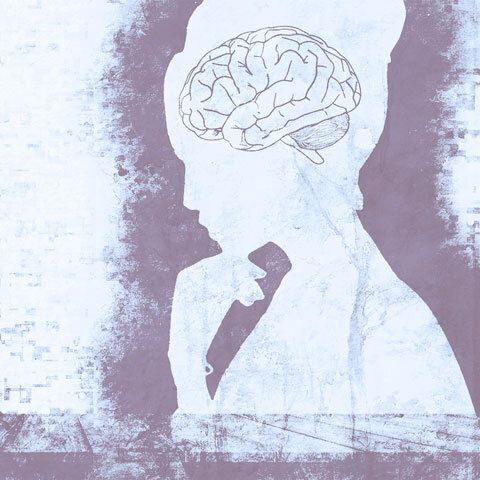
The Diagnosis Dilemma
If you had a disease such as Alzheimer’s affecting your brain, would you want to know? If so, when would you want to know? If not, why not?
Studies show us that this is a complicated question!
According to a 2021 Alzheimer’s Association survey, a majority of Americans (85%) say they would want to know if they had Alzheimer’s disease early, including during the MCI stage (54%) and mild Alzheimer’s disease stage (31%). Early detection and diagnosis provide opportunities to plan for the future, treat symptoms earlier, take steps to preserve existing cognitive function, and understand what is happening.
However, only 4 in 10 Americans report that they would talk to their doctor right away. Those who delay talking with their doctor about their symptoms express concerns about:
- getting an incorrect diagnosis,
- learning they have a serious problem,
- being given unnecessary treatment,
- and hoping symptoms would go away.
Survey participants also shared their top reasons for not seeking an early-stage Alzheimer’s diagnosis, which include:
- the diagnosis of Alzheimer’s disease being difficult to accept,
- treatment options for Alzheimer’s being limited,
- feeling that there is no cure for Alzheimer’s disease so it doesn’t matter,
- and concern that people would treat me differently if I were diagnosed.
Do any of these resonate with you?
So, the bottom line is that we want to know early in the disease process, but we aren’t comfortable taking the necessary actions to actually learn this essential information. It is no surprise that we as humans are complicated!
Each person and family address memory and cognitive changes and concerns in their own way…sometimes at the initiation of the person experiencing the changes and sometimes at the persuasion of those who know them best. There is no one-size-fits-all approach to this sensitive topic.
If your family needs support in navigating these changes and determining how to proceed, we invite you to contact us. Insight’s expert staff offer free consultations, so don’t hesitate to reach out, wherever you are on your journey.
Blog
"I like that IMCC focuses on dementia-related problems and provides a focal point for families to network and socially interact in coping with dementia. It provides a community that helps us in our struggle."







